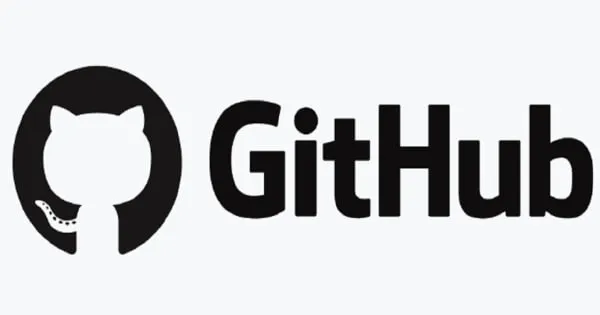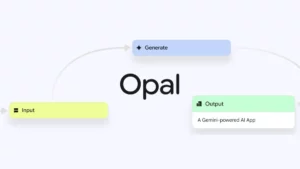
Developing Secure and Scalable MCP Servers: Key Strategies and Best Practices
As the importance of Model Context Protocol (MCP) servers continues to grow in the rapidly evolving landscape of AI integration, securing these servers has become a paramount concern. GitHub emphasizes that developing secure and scalable MCP servers is crucial for any successful AI project. In this article, we will explore key strategies and best practices for building reliable MCP servers.
The Need for Security
MCP servers serve as bridges between AI agents and various data sources, including sensitive enterprise resources. This connectivity poses significant security risks, allowing malicious actors to manipulate AI behavior and access connected systems. To mitigate these risks, the MCP specification includes comprehensive security guidelines and best practices, addressing common attack vectors like confused deputy problems and session hijacking.
Enhancing Security with OAuth 2.1
Security in MCP is further bolstered by the utilization of OAuth 2.1 for secure authorization. This enables MCP servers to leverage modern security capabilities, such as authorization server discovery, dynamic client registration, and resource indicators to ensure tokens are bound to specific MCP servers, preventing token reuse attacks.
Implementing Secure Authorization
To implement secure authorization in MCP servers, developers must consider several key components:
* PRM Endpoint: MCP servers must implement the /.well-known/oauth-protected-resource endpoint to advertise supported authorization server scopes.
* Token Validation Middleware: Ensures that MCP servers accept only valid tokens, utilizing open-source solutions like PyJWT for token extraction and validation.
* Error Handling: Proper HTTP status codes must be returned with appropriate headers for missing or invalid tokens.
Scaling with AI Gateways
As MCP servers gain widespread adoption, scalability becomes a significant challenge. AI gateways can help manage traffic spikes, transform protocol versions, and maintain consistent security policies across multiple server instances. These gateways handle tasks such as rate limiting, JWT validation, and security header injections, simplifying server implementation and management.
Production-Ready Patterns
For production deployment, developers must prioritize robust secrets management and observability. Secrets should be managed using dedicated services like Azure Key Vault or AWS Secrets Manager, ensuring secure access through workload identities. Observability requires structured logging, distributed tracing, and metrics collection, all crucial for maintaining server health and performance.
By integrating advanced authorization protocols and leveraging modern cloud infrastructure, developers can build secure and scalable MCP servers capable of handling sensitive tools and data. It is essential to adhere to best practices and prioritize security from the outset to create reliable MCP servers that safeguard AI applications.
Source: Blockchain.News


